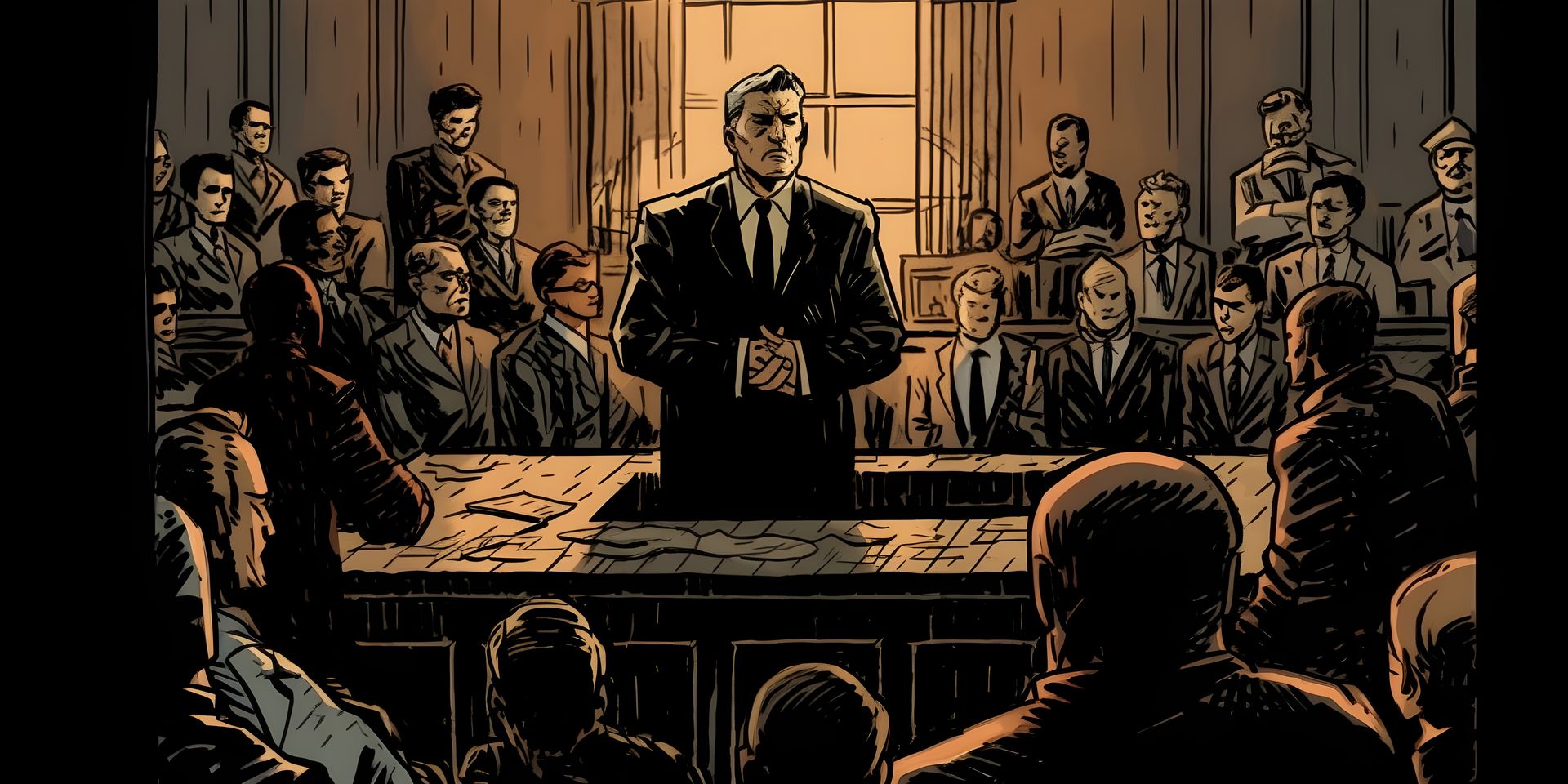Artificial intelligence (AI) is rapidly evolving, and with it comes a wave of legal challenges. OpenAI, the creator of the popular ChatGPT chatbot, is facing a growing number of lawsuits from news organizations alleging copyright infringement.
At the heart of these lawsuits lies questions about the boundaries of fair use, the ethics of using vast amounts of existing data to train AI models, and the potential economic impact on traditional content creators like journalists and news organizations.
The very nature of AI’s ability to learn, process, and generate text and images raises fundamental questions about originality, authorship, and the legal frameworks that have traditionally governed creative works.
OpenAI is being bombarded with lawsuits
Digital news outlets The Intercept, Raw Story, and AlterNet have filed a lawsuit against OpenAI, claiming their articles were used to train the ChatGPT chatbot without proper authorization or compensation.
This follows a similar lawsuit filed by The New York Times in December. News organizations are understandably concerned about the potential financial impact of AI platforms using their content without permission or payment.

The lawsuit alleges that ChatGPT mimics copyrighted journalistic works, giving the impression of being a knowledgeable source while essentially plagiarizing content. Unlike print publications able to register copyrights in bulk, digital publications often lack this protection. Nonetheless, lawyers for the plaintiffs assert that their work remains inherently protected by copyright law.
The lawsuit filed by Intercept, Raw Story, and AlterNet asks for at least $2,500 in damages for each time one of their stories has been used by ChatGPT.
CEO of The Intercept Annie Chabel states:
“As newsrooms throughout the country are decimated by financial imperatives to cut back, OpenAI reaps the benefits of our content,”
“We hope this lawsuit will send a strong message to AI developers who chose to ignore our copyrights and free ride on the hard work of our journalists”.
– Annie Chabel
Gloves are off
In a surprising turn of events, OpenAI has filed a counterclaim in its legal battle against The New York Times lawsuit. OpenAI claims the Times manipulated ChatGPT by exploiting a known bug and using misleading prompts to generate evidence of copyright infringement. They argue that this behavior violates its terms of use.
OpenAI’s use of the term “hacking” is particularly provocative. While not implying a technical security breach, it highlights how AI models can be manipulated to produce potentially biased or untruthful results.
AI copyright lawsuits: In-depth review
The lawsuits against OpenAI have broad implications for AI development and copyright:
- Copyright and AI training: The legal boundaries for using copyrighted material to train AI models remain unclear. How can a balance be struck between innovation and protecting intellectual property?
- Fair use redefined: Does the traditional concept of “fair use” apply when AI is the content creator, with potentially transformative results?
- Legal precedents: The outcome of these lawsuits will shape the legal landscape for the entire AI industry, defining how these technologies can ethically use existing content
The other perspective
The New York Times is not backing down, stating that its investigation was necessary to understand the potential misuse of its content.
Some publishers, such as Axel Springer and the Associated Press, have opted for a different approach, reaching content licensing agreements with OpenAI.

What’s next?
The legal battle between news organizations and OpenAI is intensifying. This clash will undoubtedly redefine the complex relationship between AI, copyright law, and the industries that depend on both.
We can’t help but ask: Why are all guns pointed at OpenAI’s ChatGPT and Google Gemini, Meta Llama, and Mistral AI’s Le Chat not even being talked about?
Featured image credit: vector_corp/Freepik.





